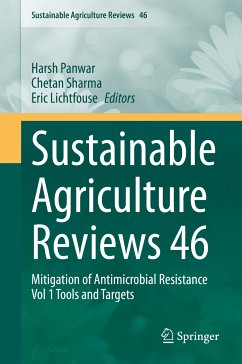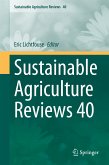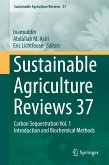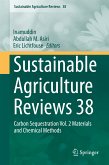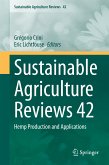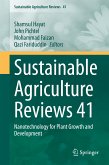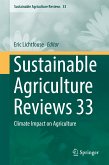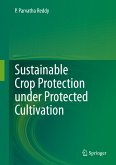According to the World Health Organization, antimicrobial resistance is a major threat to global health because the number of alternative antibiotics is very limited. Antimicrobial resistance is a slow evolutionary process that has been accelerated by human activities in health, environment and agriculture sectors. Due to their wide application, antibiotics and their residues have been found in almost all food products and natural ecosystems. This book reviews the drivers, impact and mitigation of antimicrobial resistance, with focus on methods and targets.
Dieser Download kann aus rechtlichen Gründen nur mit Rechnungsadresse in A, B, BG, CY, CZ, D, DK, EW, E, FIN, F, GR, HR, H, IRL, I, LT, L, LR, M, NL, PL, P, R, S, SLO, SK ausgeliefert werden.

